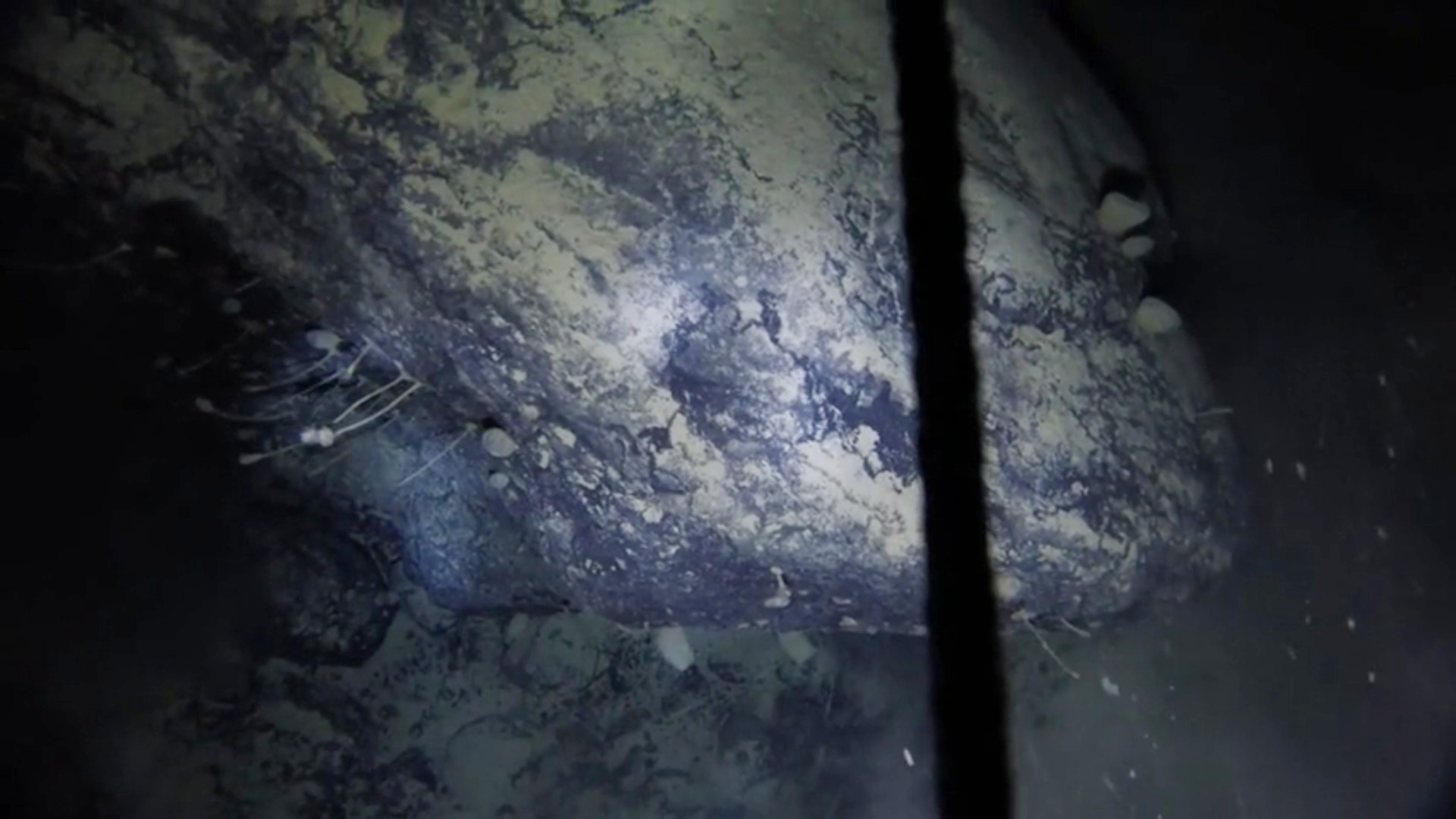Europeans, citizens and politicians alike, must realize that it is not at the national level that their interests must be brought forward if they want to change things, assures Vivien Schmit. And the time is ideal, assures this professor of political science: the pandemic has forced theEU to realize what she was capable of – the stimulus package is proof of that.
Not only did Vivien Schmidt spend her life studying the European Union (EU), but this American researcher, born in 1949, has focused on the aspects of the EU that most people find off-putting: the institutions , economics and political theory. Better still: she did it with overwhelming energy and enthusiasm. Vivien Schmidt is “sparkly”, simply say his colleagues. Her CV is so long that it spans dozens of A4 pages and even the abbreviated list of positions she currently occupies barely fits into one paragraph.
Let’s try anyway: she holds the Jean-Monnet Chair in European Integration; professor of international relations at the Frederick S. Pardee School of Global Studies in Boston; professor of political science at Boston University, where she is also the founder and director of the Center for the Study of Europe; visiting professor at Copenhagen Business School; and professor emeritus at the Luiss Guido Carli University in Rome. Not to mention that she sits on a multitude of boards, including that of the research organization Wissenschaftszentrum in Berlin, and that she regularly advises the European Commission and the European Parliament.
It is therefore surprising that Vivien Schmidt is not much better known. In any case, he is the ideal person to tell the story of Europe and help us understand both what has gone wrong in recent years and why there are grounds for optimism today.
This morning when we are discussing Zoom, Vivien Schmidt talks to me from her house in Italy, near the French border. She does not have a return ticket to Boston, where she lives. “As long as the Covid-19 has not passed, I no longer travel”, she blurted out. Vivien Schmidt was born in New York, but when she was 8 years old her mother married a man who worked in Italy. They moved to Milan, where she stayed for eight years and where she attended a French high school for a year. At 16, when she returned to the United States, she was fluent in French and Italian, and was in love with the Old Continent. She then continued her studies in Paris and since then has lived between Europe and the United States.
As she explained in one of her many works, Democracy in Europe (La Découverte, 2010 for the French edition), Vivien Schmidt has come to the surprising conclusion that the real problem of the EU is a democratic deficit within its member states. “At the national level, we continue to design the functioning of the executive power without taking into account the progressive European integration, she believes. Member States have hardly adapted to the growing influence of Brussels. As a result, national politicians are not or not sufficiently aware of what is happening there and therefore do not explain it to their population. ”
In reality, she sums up:
AT In Brussels, we lead without doing politics, while in the Member States we do politics without leading. This is the reason why national leaders tend more and more to fall back on purely national issues such as immigration, identity or citizenship. ”
Fourteen years ago, when you published your book in English, you said that the EU had depoliticized national politics. Have things changed since ?
“It’s an insoluble problem : National democracies are weakened by the very existence of the EU, but at the same time these democracies need the EU. It allows small countries to be part of a larger whole, to be part of a larger market, but also in a much more significant power when it comes to tackling questions of foreign policy, economy, environment or commerce. The EU is fundamental. ”
“What is absolutely necessary is that EU countries find new ways to involve citizens, continues the researcher. I think about what happened in the United States over the years
[…]
Irene van der Linde
Source
Established in 1877, “L’Amstellodamois vert” is the oldest news weekly in the Netherlands, and its name recalls the green ink that was used on the cover in the early years. The green, as it is called
[…]
Read more –


